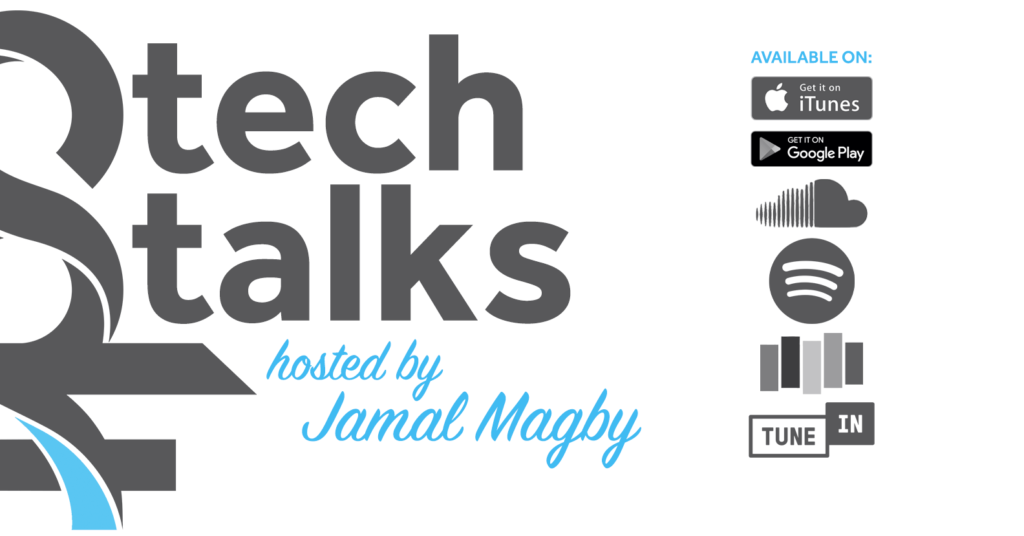Tech Talk: Google v. Gonzalez & Twitter v. Tamneh — Talking Tech with Caitin Vogus & Jonathan Stray

CDT’s Tech Talk is a podcast where we dish on tech and Internet policy, while also explaining what these policies mean to our daily lives. You can find Tech Talk on Spotify, SoundCloud, iTunes, and Google Podcasts, as well as Stitcher and TuneIn.
Note: This podcast episode was recorded BEFORE the U.S. Supreme Court’s recent decisions on the crucial online free expression cases: Gonzalez v. Google and Twitter v. Taamneh. Nevertheless, we’ve chosen to release this episode NOW because the conversation contains important information about the potential risks to users’ free speech that is more relevant than ever.
While the legal landscape may have shifted since this recording, the principles of protecting free expression and fostering an open and inclusive digital environment are not going away. In the Gonzalez and Taamneh opinions, the Supreme Court dodged any detailed consideration of Section 230 or the role of recommendation algorithms in enabling access to online speech, but we can expect that those topics will be back before the Court before long. So, let’s dive into this discussion and keep advocating for the preservation of free speech in the online world.
The Center for Democracy & Technology – along with six other technologists with expertise in online recommendation systems – filed an amicus brief in the case of Gonzalez v. Google. The brief urges the U.S. Supreme Court to hold that Section 230’s liability shield applies to claims against interactive computer service providers based on their recommendation of third-party content, because those claims treat providers as publishers.
Here to talk a little bit about the amicus brief is Jonathan Stray, Senior Scientist at the Berkeley Center for Human-Compatible AI and Caitlin Vogus, (former) Deputy Director of CDT’s Free Expression Project (currently Deputy Director of Advocacy at Freedom of the Press Foundation).
(CDT relies on the generosity of donors like you. If you enjoyed this episode of Tech Talk, you can support it and our work at CDT by going to cdt.org/techtalk. Thank you for putting democracy and individual rights at the center of the digital revolution.)


